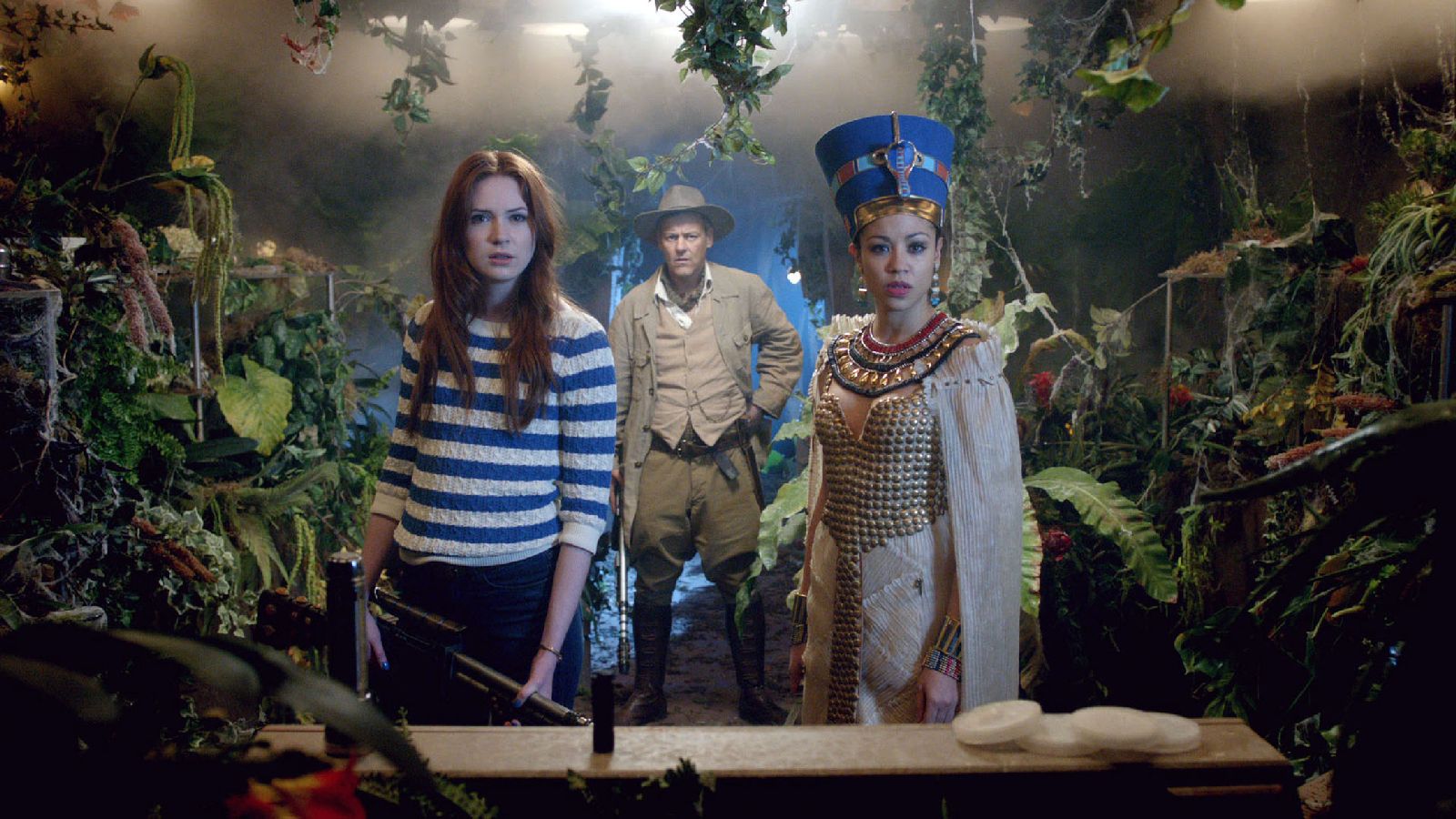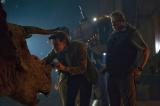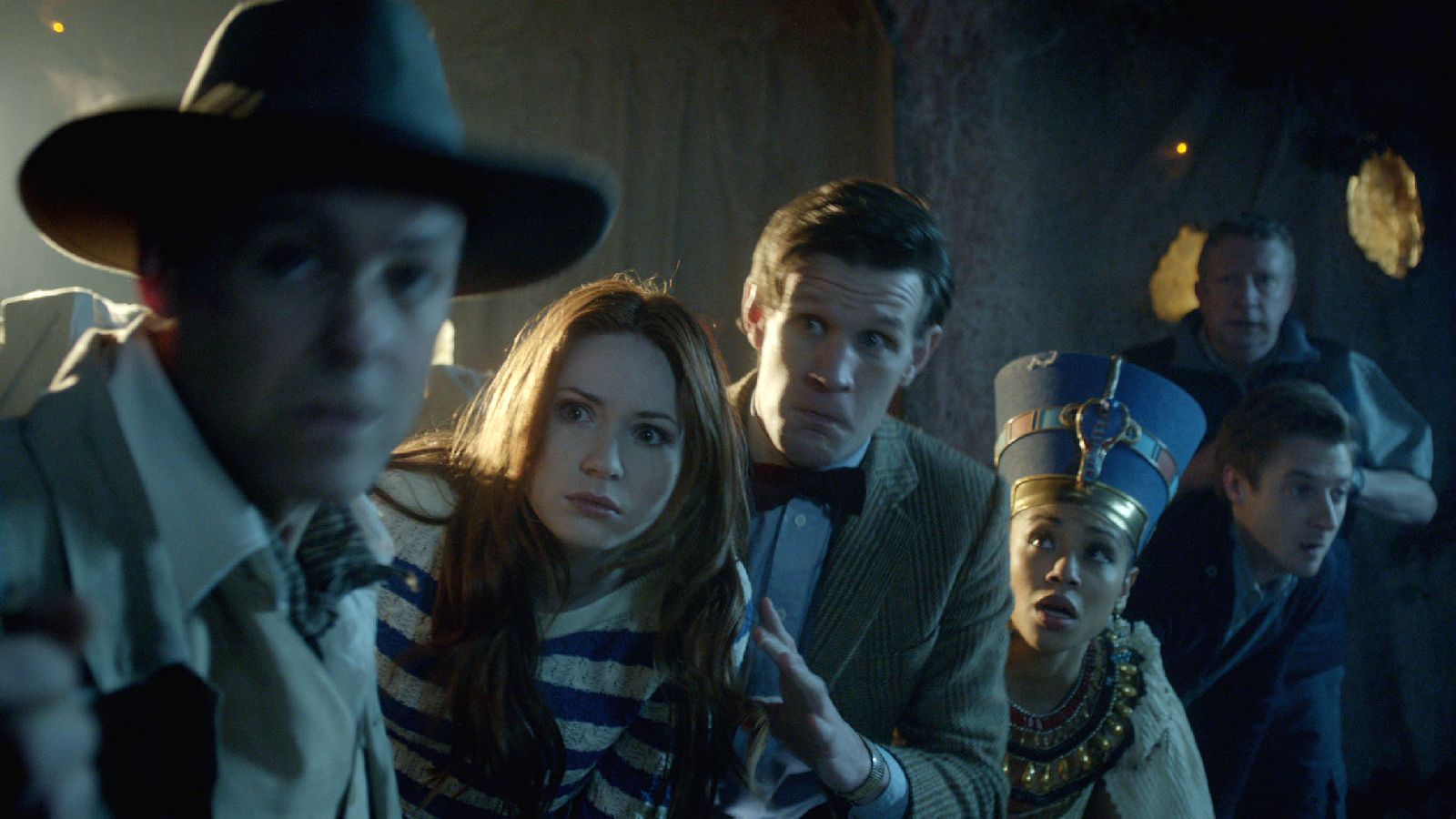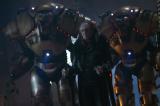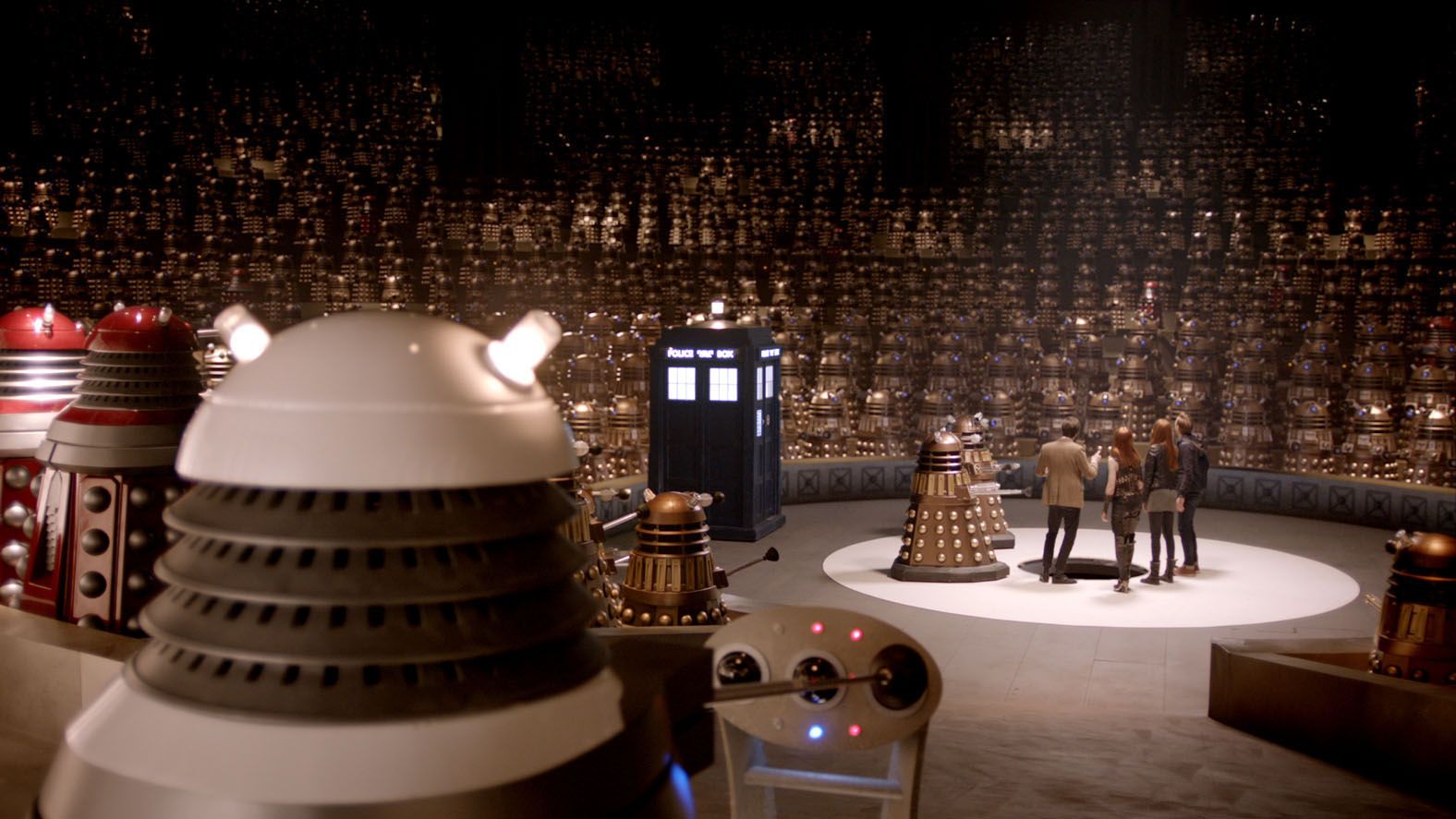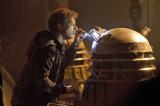Doctor Who: A Town Called Mercy
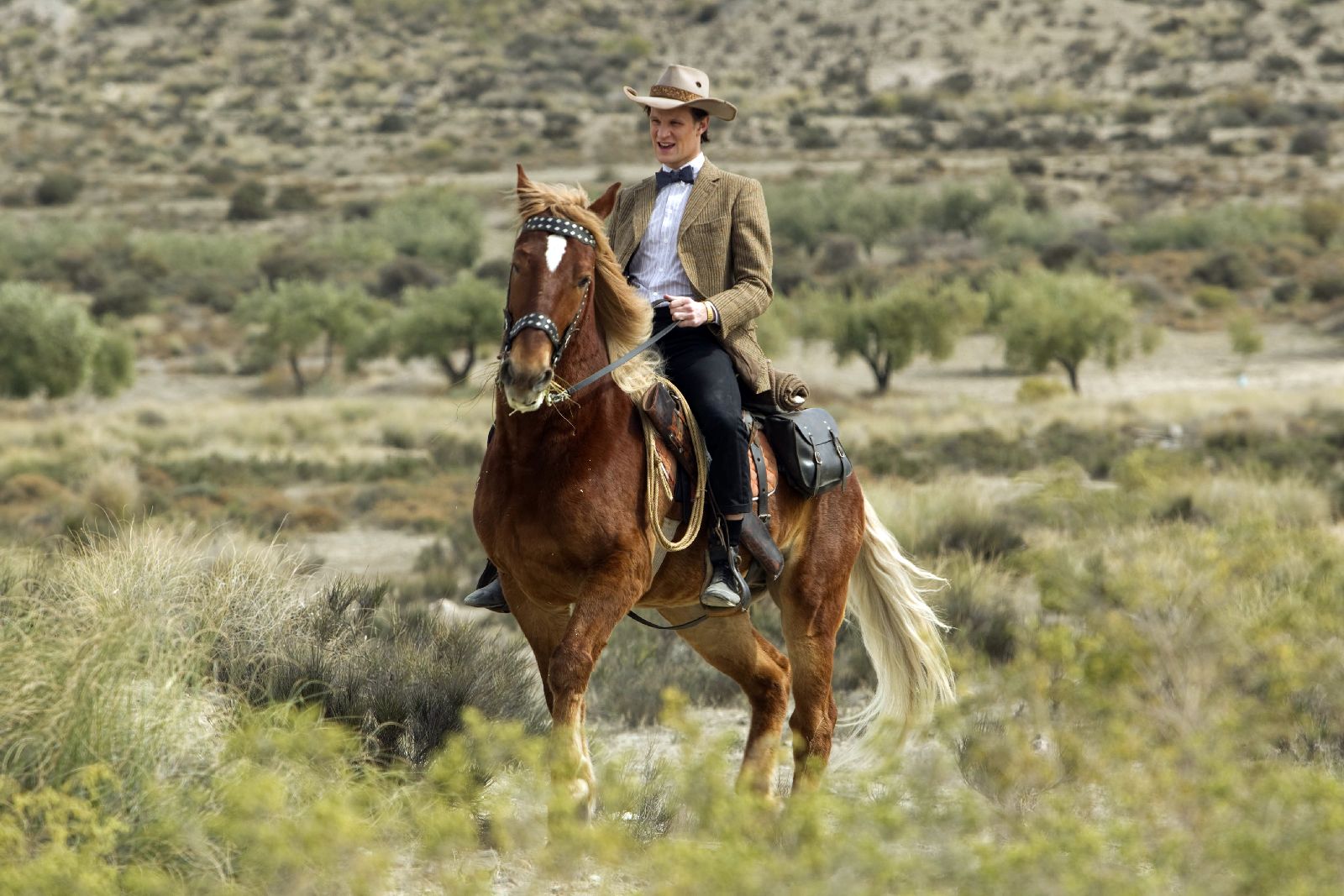
Doctor Who - A Town Called Mercy
Written by Toby Whithouse
Directed by Saul Metzstein
Broadcast on BBC One - 15 September 2012
Amongst the best episodes of the last series of Doctor Who was for me Toby Whithouse's The God Complex, a beautifully made piece of television that was happy to steer the Doctor towards much darker places. Whithouse has history with Doctor Who, having also previously written School Reunion and The Vampires Of Venice. But with A Town Called Mercy, he's put together something very rare, a Doctor Who Western which actually works, the previous attempt in the shape of "The Gunfighters" is not an all together well regarded effort, this is a vastly superior episode.
And this is a slightly darker proposition, too. After the comparable lightness of Dinosaurs On A Spaceship, A Town Called Mercy pushes the Doctor to more uncomfortable emotional places than we've seen this series thus far. The cracks and strain on the Doctor are starting to show. Series 7 has demonstrated the comedy skills of Matt Smith extremely well and we also get to see his strengths when things go more serious. Smith is just terrific, his faux swagger as he asks for something strong (a cup of tea with the bag left in) while he nearly chokes on this toothpick is in wonderful contrast to his rage at Jex (him shouting at him to sit down nearly caused my eyebrows to fly off my forehead). Its also interesting to compare Jex and The Doctor, deep down they both seek the same thing.
The Doctor, being shown this reflection of himself can't cope and does something that may make some fans uncomfortable, it takes a simple statement of "this isn't how we roll" from Amy to bring The Doctor back to Earth and to remind us that The Doctor seeks his redemption through the actions of his friends. Gillan and Darvill are still at their best, with another unspecified period away from The Doctor our companions relationship seems once again to be on an even keel but if the episode has one major flaw its that Amy and Rory don't get a great deal to do, this very much being a tale of The Doctor's conflicted nature. This being said it does bring Amy Pond a little further forward than we've seen her the past week or two. It also exists pretty much as a standalone piece, even though there's the odd hint of undercurrent developing, Jex's comments on motherhood being both touching and ominous.
The production values ate absolutely terrific, Doctor Who has taken on three different genres this series so far, and each of them has looked outstanding. That's no small feat, and A Town Called Mercy looks the best of the lot so far. The wild west landscapes look appropriately sunblasted and desolate, A Town Called Mercy is the most cinematic of the three episodes we've seen this series to date.
As for the episode itself, Whithouse certainly knows his onions when it comes to westerns. He throws in a few more ingredients, too, with a sense of The Terminator in places, and a tip of the hat to the mighty Westworld in The Gunslinger with a healthy dose of humour chucked in, the horse who really prefers to be called Susan especially amusing. The early part of the episode, where he's having fun with the genre and exploring it, is arguably when A Town Called Mercy is at its strongest, as the episode progressed I found myself wondering why The Doctor didn't just use the TARDIS to solve the whole problem, this is addressed somewhat within the episode however its a little dissatisfying, much as in "The God Complex" Whithouse tends not to let a slightly shonky plot holes get in the way of the message he's trying to get across.
There is a small sense for me that there was a slightly better episode that could have been made out of the mix of ingredients here. That's not to say A Town Called Mercy is a bad piece of Saturday night telly, far from it. As it stands, though, A Town Called Mercy is a very good episode, with some excellent moments, all draped in utterly lush visuals, another success for the much vaunted "flexible format" of Doctor Who and another blockbuster delivered with confidence and appropriate Wild West swagger.
